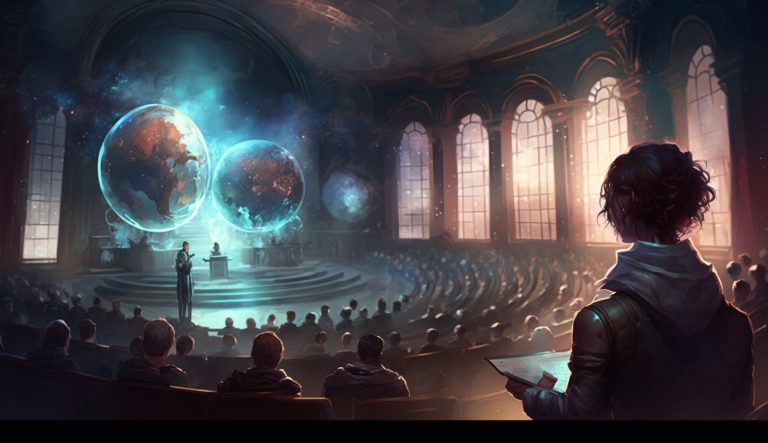
Storyboards to Mood boards… why they both matter.
In the creative industry, both storyboards and mood boards are widely used as tools for planning and visualizing the creative process. While they share some similarities, they are also distinct in their purpose and use.


